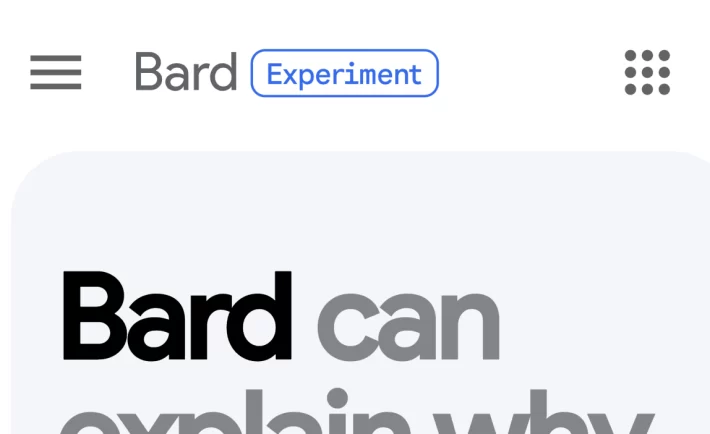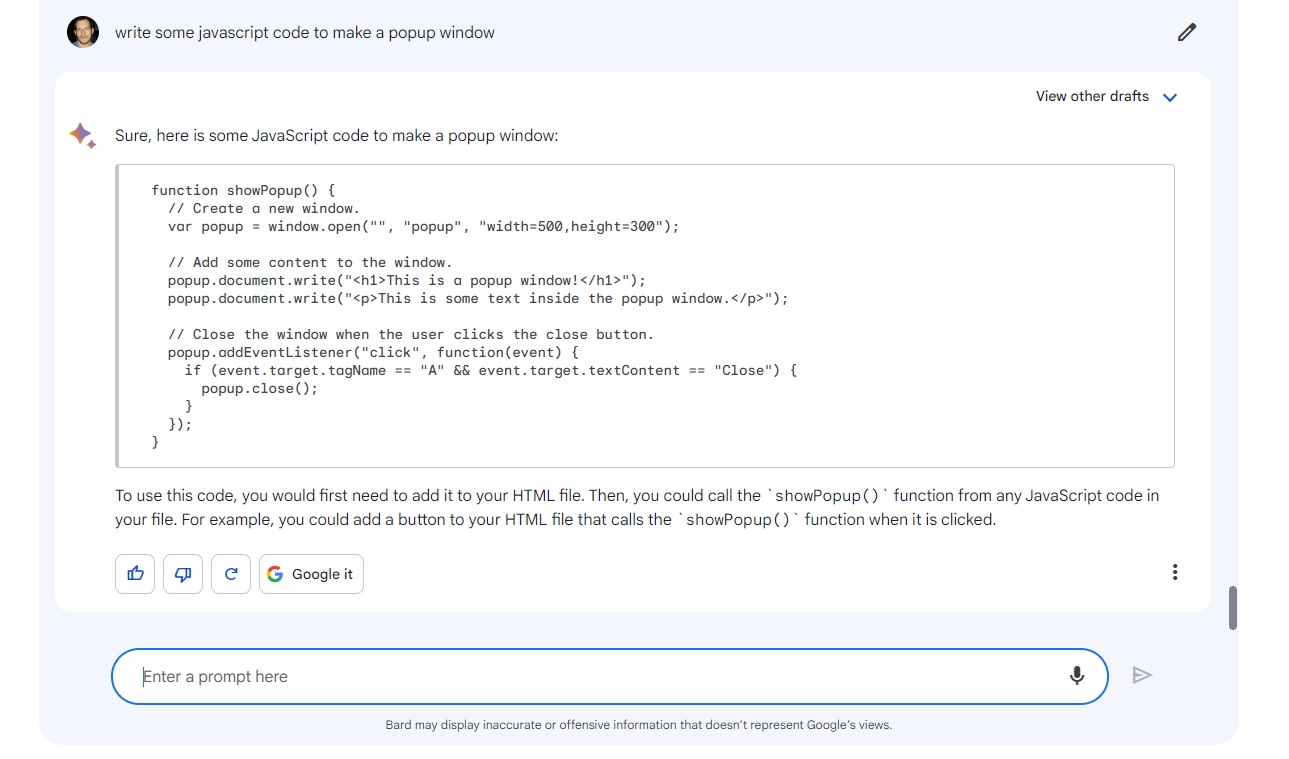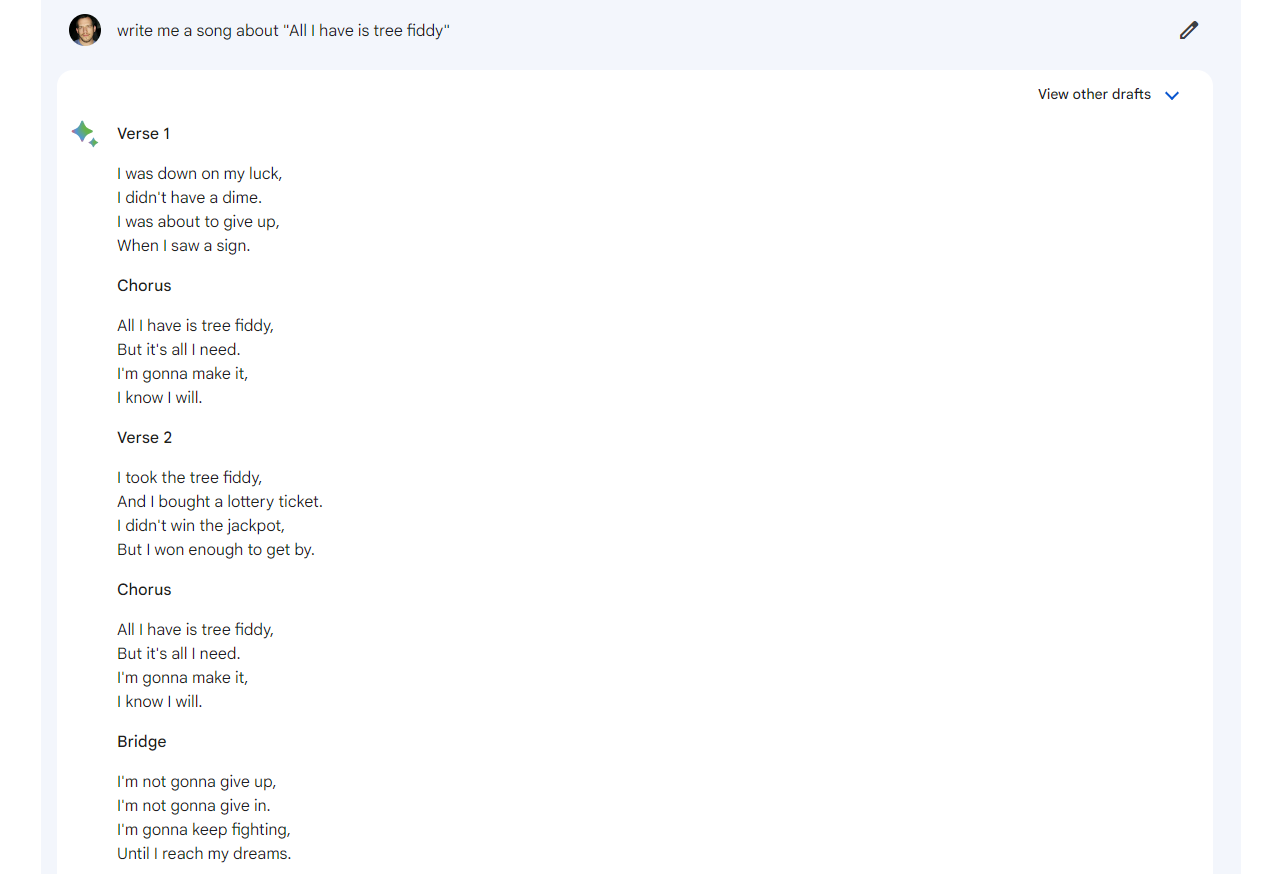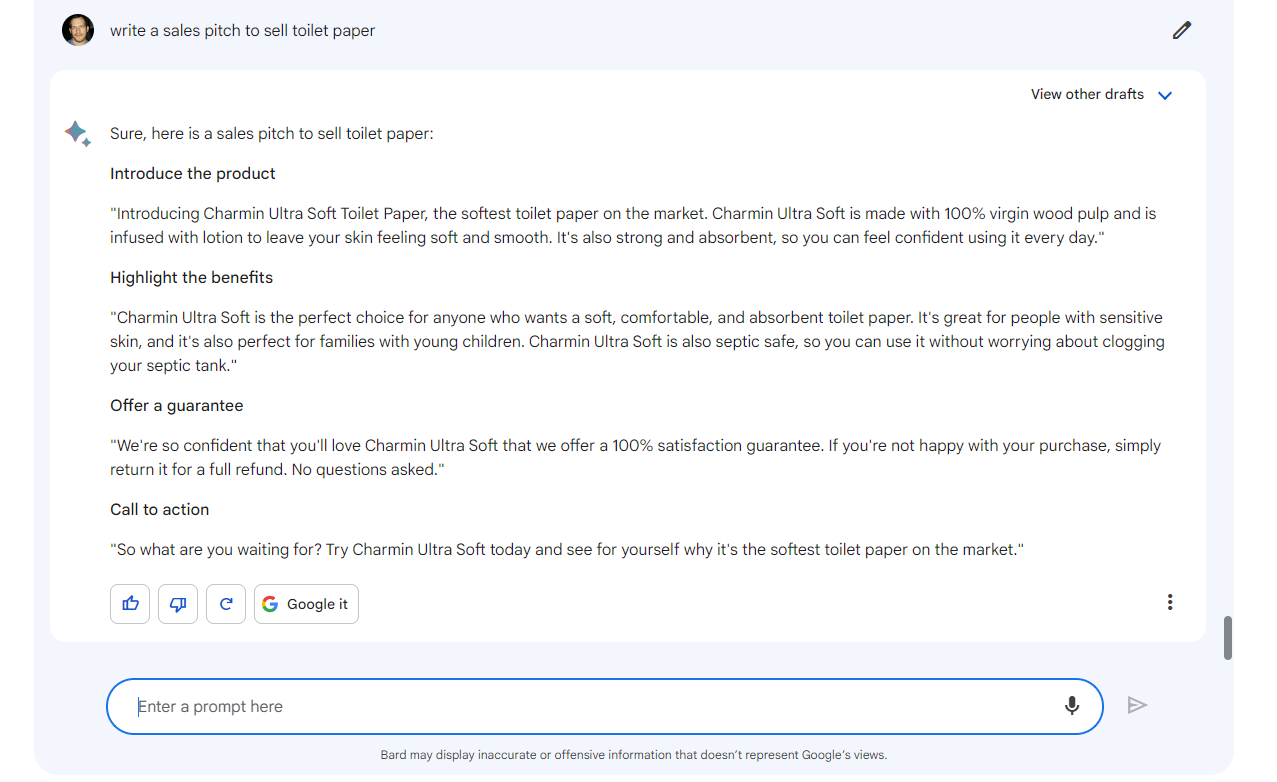
Rise of AI Powered Chatbots
Artificial intelligence (AI) is rapidly changing the world, and one of the most significant impacts of AI is on the way we interact with businesses. AI powered chatbots are becoming increasingly popular, and they are being used in a variety of industries, including customer service, marketing, and sales.
There are a number of reasons for the rise of AI powered chatbots. One reason is that they can provide a more personalized and engaging customer experience. Chatbots can be programmed to understand the customer’s needs and preferences, and they can respond in a way that is natural and conversational. This can help to improve customer satisfaction and loyalty.
Another reason for the rise of AI powered chatbots is that they can be used to automate tasks that are currently done by human customer service representatives. This can free up human representatives to focus on more complex tasks, and it can also help to reduce costs.
Finally, AI powered chatbots are becoming more sophisticated and capable. They are able to learn and adapt over time, which means that they can provide an even better customer experience. There are even AI artwork apps now from the likes of Adobe, generating images from millions of other images.

How AI Powered Chatbots Work
AI powered chatbots work by using a variety of AI technologies, including natural language processing (NLP) and machine learning (ML). NLP is a field of AI that focuses on understanding human language. ML is a field of AI that focuses on teaching machines to learn without being explicitly programmed.
Chatbots use NLP to understand the customer’s request. For example, if a customer asks a chatbot “What is the weather like today?” the chatbot will use NLP to understand that the customer is asking for the current weather conditions.
Once the chatbot understands the customer’s request, it will use ML to respond in a way that is natural and conversational. For example, the chatbot might respond “The weather in New York City is currently 55 degrees Fahrenheit and sunny.”
The Benefits of AI Powered Chatbots
There are a number of benefits to using AI powered chatbots. Some of the benefits include:
- Increased customer satisfaction: Chatbots can provide a more personalized and engaging customer experience. They can understand the customer’s needs and preferences, and they can respond in a way that is natural and conversational. This can help to improve customer satisfaction and loyalty.
- Reduced costs: Chatbots can be used to automate tasks that are currently done by human customer service representatives. This can free up human representatives to focus on more complex tasks, and it can also help to reduce costs.
- Improved efficiency: Chatbots can help to improve efficiency by responding to customer inquiries quickly and accurately. This can free up human representatives to focus on more complex tasks, and it can also help to reduce wait times for customers.
- 24/7 availability: Chatbots are available 24/7, which means that customers can get help whenever they need it. This can be especially helpful for businesses that operate in multiple time zones or that have a large customer base.
- Scalability: Chatbots can be scaled up or down as needed, which makes them a cost-effective solution for businesses of all sizes.
What is Google Bard?

Google Bard is a large language model, also known as a conversational AI or chatbot trained to be informative and comprehensive. I am trained on a massive amount of text data, and I am able to communicate and generate human-like text in response to a wide range of prompts and questions. For example, I can provide summaries of factual topics or create stories.
Google Bard is still under development, but it has the potential to be used in a variety of ways. For example, it could be used to:
- Answer customer service questions
- Generate creative content
- Provide educational resources
- Personalize user experiences
- Conduct research
Google Bard is still under development, but it has the potential to be a powerful tool for businesses, educators, and individuals alike.
How can you use Bard?
here are some specific examples of using Bard:
- A customer service representative could use Bard to answer questions about a product or service.
- A teacher could use Bard to create interactive lessons for students.
- A writer could use Bard to generate ideas for stories or articles.
- A business could use Bard to personalize marketing campaigns.
- A researcher could use Bard to gather information from a variety of sources.
These are just a few examples of how Bard can be used. As Bard continues to develop, it is likely that even more use cases will be discovered.
A software engineer could use Bard to generate code. For example, the engineer could ask Bard to generate a function that calculates the factorial of a number. Bard would then generate the code for the function, which the engineer could then use in their software.

This is just one example of how Bard can be used in a technical setting. As Bard continues to develop, it is likely that even more use cases will be discovered.
Here is another technical example:
A data scientist could use Bard to analyze data. For example, the data scientist could ask Bard to find patterns in a dataset. Bard would then analyze the data and identify any patterns that it finds. The data scientist could then use this information to make decisions about the data.
This is just one example of how Bard can be used in a technical setting. As Bard continues to develop, it is likely that even more use cases will be discovered.
Here are some good experiments to try on Bard:
- Experiment with different writing styles. Ask Bard to write a poem, a song, a short story, a novel, a script, a play, a screenplay, a musical, a comic book, or a graphic novel. See how Bard’s writing style changes depending on the genre.
- Experiment with different topics. Ask Bard to write about a variety of topics, from history to science to current events. See how Bard’s knowledge and understanding of different topics changes over time.
- Experiment with different levels of detail. Ask Bard to write a summary of a topic, a detailed explanation of a topic, or a creative story about a topic. See how Bard’s ability to generate different levels of detail changes over time.
- Experiment with different levels of creativity. Ask Bard to write a factual summary of a topic, a creative story about a topic, or a poem about a topic. See how Bard’s ability to generate creative text changes over time.
- Experiment with different prompts. Ask Bard to write different kinds of text based on different prompts. See how Bard’s ability to generate different kinds of text changes over time.
I hope you find these experiments helpful!
The Best AI Prompts For Getting The Most Out Of Bard

An AI prompt is a short piece of text that is used to generate text, translate languages, write different kinds of creative content, and answer your questions in an informative way. AI prompts are used to give the AI a starting point for generating text. The AI will use the prompt to understand what you are asking for and to generate text that is relevant to the prompt. You can even repurpose existing content for example into an AI generated video with the click of a button with tools around the web.
For example, if you ask the AI to write a poem about love, the AI will use the prompt to understand that you are asking for a poem about love. The AI will then generate a poem that is about love.
AI prompts can be used to generate a variety of different kinds of text. For example, AI prompts can be used to generate:
- Poems
- Songs
- Short stories
- Novels
- Scripts
- Plays
- Screenplays
- Musicals
- Comic books
- Graphic novels
- Summaries of factual topics
- Detailed explanations of factual topics
- Creative stories about factual topics
- Factual summaries of creative topics
- Creative explanations of creative topics

AI prompts can also be used to answer your questions in an informative way. For example, if you ask the AI “What is the capital of France?”, the AI will use the prompt to understand that you are asking for the capital of France. The AI will then generate text that tells you that the capital of France is Paris.
AI prompts are a powerful tool that can be used to generate a variety of different kinds of text. If you are looking for a way to generate text, AI prompts are a great option.
Below you will find 50+ of the best AI prompts for Google Bard – they will help you instantly become more productive, so give them a try:
- General
- Write me a poem about [insert topic here].
- Write me a blog post about [insert topic here].
- Write me a script for a short film.
- Write me a song.
- Write me a piece of code.
- Creative
- Generate a new character for a story.
- Come up with a new plot twist for a story.
- Write a scene from a book or movie in your own words.
- Write a poem about a dream you had.
- Write a song about your favorite thing.
- Educational
- Explain the [insert topic here] in simple terms.
- Write a summary of the [insert topic here] article.
- Create a [insert topic here] quiz.
- Write a [insert topic here] research paper.
- Create a [insert topic here] infographic.
- Business
- Write a marketing email.
- Write a sales pitch.
- Create a product description.
- Write a press release.
- Create a business plan.
- Creative writing prompts:
- Write a poem about [topic].
- Write a song about [topic].
- Write a short story about [topic].
- Write a novel about [topic].
- Write a script for a short film.
- Write a script for a feature film.
- Write a play.
- Write a screenplay.
- Write a musical.
- Write a comic book.
- Write a graphic novel.
- Informational prompts:
- Summarize the history of [topic].
- Explain the theory of [topic].
- Define [topic].
- Compare and contrast [topic] and [topic].
- Analyze [topic].
- Evaluate [topic].
- Discuss the pros and cons of [topic].
- Write a research paper on [topic].
- Write a blog post about [topic].
- Write a news article about [topic].
- Write a Wikipedia article about [topic].
- Instructional prompts:
- Help me write a report on [topic].
- Help me create a presentation on [topic].
- Help me plan a party.
- Help me write a letter to my boss.
- Help me write a letter to my friend.
- Help me write a resume.
- Help me write a cover letter.
- Help me write a job application.
- Help me write a business plan.
- Help me write a marketing plan.
- Conversational prompts:
- What is your name?
- How are you?
- What do you do?
- What are you capable of?
- What are your strengths?
- What are your weaknesses?
- What are your goals?
- What are your dreams?
- What are your thoughts on [topic]?
- What do you think about [topic]?
- What is your opinion on [topic]?
- Other
- Translate a text from [insert language here] to [insert language here].
- Write a letter to the editor.
- Write a thank-you note.
- Write a resignation letter.
- Write a love letter.
- Write a poem about the beauty of nature.
- Write a song about the power of love.
- Write a short story about a lost child who finds their way home.
- Write a novel about a group of friends who go on an adventure.
- Write a script for a short film about a first date.
- Write a script for a feature film about a war hero returning home.
- Write a play about a family who is struggling to make ends meet.
- Write a screenplay about a group of scientists who are trying to save the world.
- Write a musical about a group of teenagers who are trying to find their place in the world.
- Write a comic book about a superhero who is fighting for justice.
- Write a graphic novel about a group of survivors who are trying to rebuild their lives after a disaster.
- Summarize the history of the United States.
- Explain the theory of relativity.
- Define the term “democracy.”
- Compare and contrast the American Revolution and the French Revolution.
- Analyze the impact of the Industrial Revolution on society.
- Evaluate the effectiveness of the United States Constitution.
- Discuss the pros and cons of the death penalty.
- Write a research paper on the effects of climate change.
- Write a blog post about the importance of voting.
- Write a news article about the latest political scandal.
- Write a Wikipedia article about the most famous person in your country.
- Help me write a report on the causes of the Civil War.
- Help me create a presentation on the effects of global warming.
- Help me plan a party for my friend’s birthday.
- Help me write a letter to my congressman about gun control.
- Help me write a letter to my grandmother about my recent trip.
- Help me write a resume for a job I’m applying for.
- Help me write a cover letter for the same job.
- Help me write a job application for the same job.
- Help me write a business plan for my new company.
- Help me write a marketing plan for my new product.
- What is your name?
- How are you?
- What do you do?
- What are you capable of?
- What are your strengths?
- What are your weaknesses?
- What are your goals?
- What are your dreams?
- What are your thoughts on the current state of the world?
- What do you think about the future of artificial intelligence?
- What is your opinion on the latest political scandal?

The Future of AI Powered Chatbots
The future of AI powered chatbots is bright. As AI technology continues to develop, chatbots are likely to become even more sophisticated and capable. This means that chatbots will be able to handle more complex tasks, provide even better customer service, and save businesses even more money.
In the future, it is likely that chatbots will become so sophisticated that they will be able to replace human customer service representatives altogether. This could have a major impact on the workforce, as it could lead to the loss of millions of jobs. However, it is also likely that chatbots will create new jobs, as businesses will need to develop and maintain chatbots.
Overall, the rise of AI powered chatbots is a significant development that is likely to have a major impact on the way we interact with businesses. It is important to stay informed about this technology so that we can make informed decisions about how it will affect our lives.




